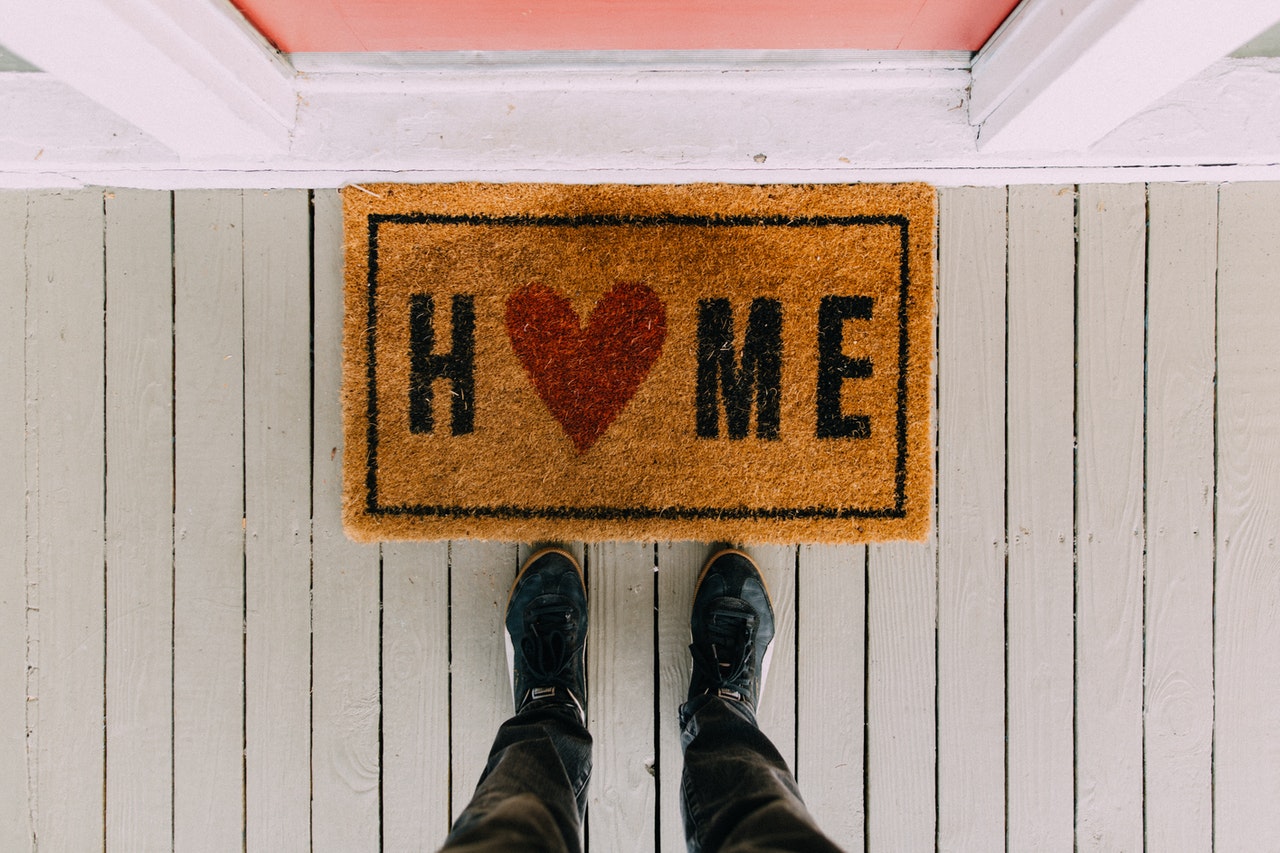-
Lot Size18,731 sqft
-
Home Size3,864 sqft
-
Beds5 Beds
-
Baths4 Baths
-
Year Built2004
-
Days on Market10
Renting Versus Owning: What You Need to Know
- Real Estate Tips
- March 2, 2021

Studies have shown that the younger generation is not buying homes at the rate that their predecessors were. While this is influenced by many factors, now is the time more than ever to invest in a home! Mortgage rates are lower than ever, and often a mortgage payment can be the same as your rent.
If you are looking at the difference between buying or renting your home, let’s look at the costs. Typically, you should not spend more than 30% of your income on mortgage payments or rent.
Here are some things to consider when considering the two options:
• Upfront Costs: Renting can be cheaper in the sense that there are no upfront costs, but you will not be putting your money towards owning the home. There is a down payment, closing costs, moving costs, and consistent home maintenance to keep in mind. While your landlord is responsible for consistent repairs when you are renting, if you own a home you will need to handle them yourself or hire an individual. Often, these upfront costs can scare potential homeowners away from considering the switch.
• No Equity: If you are choosing to rent, your money will be put towards the rent and there is no chance to build equity with the property. When you are a homeowner, you can consider your home a long-term investment. As you repay your mortgage, your home will build equity, and your home value could increase. This could mean a significant profit in the future if you decide to sell the home.
• Consider the Timeframe: If you plan on staying in your area a significant amount of time, renting can be more expensive. In the long run, there can be advantages to being a homeowner. As the owner of the home, you have the opportunity to make a profit by selling it or renting it out in the future should you choose to retire early.
• Think of Your Taxes: While there is no tax break for being a renter, there is a mortgage interest deduction that allows you to deduct your mortgage interest payments from your taxable income. While you are a renter, you do not have the advantage of owning the property in the future or building equity.
Choose What is Best for Your Financial Situation
While owning a home can be beneficial to you in many aspects, it is important to consider your preferences, plans, and financial goals. If you are not planning on staying long in the area, it may not make sense to own a home. But, if you are looking to invest in your financial future, the decision can be as easy as calculating the costs and finding the right home for you. If you are looking to make the switch, the first step is to start saving!




